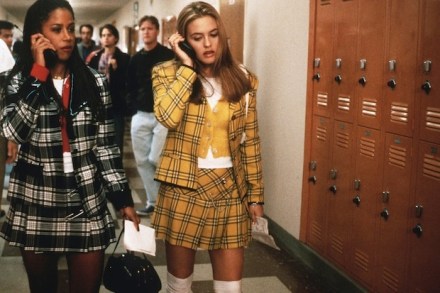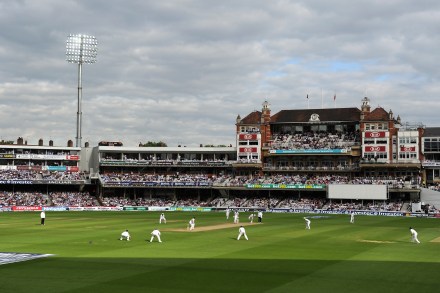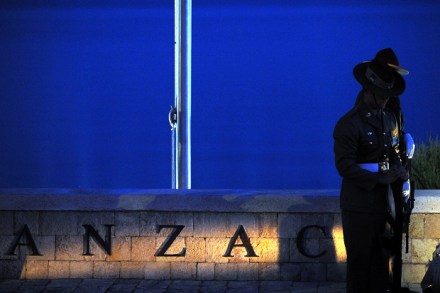The Inbetweeners 2 is as filthy as a teenage boy – and it’s hilarious
The first Inbetweeners film made £45 million at the box office, and was such an unexpected smash there was always going to be a second one, which is fair enough. It is based on the TV sitcom (Channel 4, 2008–2010), which was a favourite in our house, not that I was ever allowed to watch it in the same room at the same time as my then teenage son. Why? I would want to know. Because you think I don’t know what ‘clunge’ is? Listen, I’ve had a clunge since before you were born. In fact, you wouldn’t have even been born had it not been for my clunge. But



















